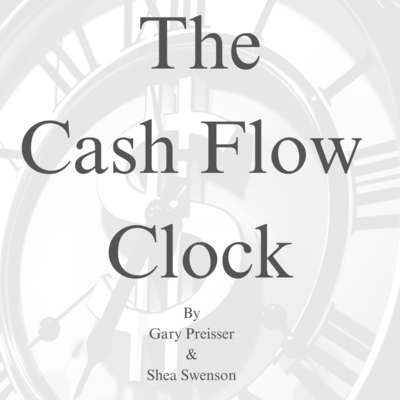The Cash Flow Clock: For Retirees - Book - Page 55

The Cash Flow Clock
Every situation is different. The Cash Flow Clock provides the framework
to help us balance the pros and cons of our financial decisions and determine
how to most efficiently leverage our assets and liabilities to provide income
for the short term and growth for the long term.
Our retirement assets have one purpose – to generate income, either now or
in the future, whether for us or for our beneficiaries. The best way for them
to do that is not always clear. The Cash Flow Clock can help us determine
what is likely to be best for us.
Pensions are a great way to generate income for retirement although they are
becoming increasingly rare. If we do have access to a pension, we have
options. Each pension is different, but most offer an income amount for our
lifetime. They usually offer a lower income that will last not just for our
lifetime but our spouse’s lifetime as well. They may guarantee income for a
certain amount of time whether we are alive or not. They might even offer a
lump sum amount of a part or even all of our pension value.
Since the purpose of retirement funds is providing income, it seems that
choosing the highest income option would be best. But that is not
necessarily the case. Pensions offer higher income for the same reason
Social Security offers higher benefits the longer you wait to file – they hope
you die before age 80. Taking a lump sum guarantees you (or your
beneficiaries) will get at least something out of your pension. But it may not
be enough to meet your income needs later in life. So, which is the right
choice?
If we know when we are going to die, then the decision becomes much
easier to make. It is one of the first questions we ask clients when we meet
with them. So far, no one has been willing or able to give us an accurate
answer. We have to do the best we can with the information we have
available.
The Cash Flow Clock helps us understand the timing of our income needs.
If our biggest concern is longevity risk (outliving our assets), then
guaranteeing income for life is probably the best decision. If our priority is
to spend more of our assets early in retirement for traveling, supporting
family members, investing in our community, upgrading our home, etc., then
taking a lump sum may be the right thing to do.
51